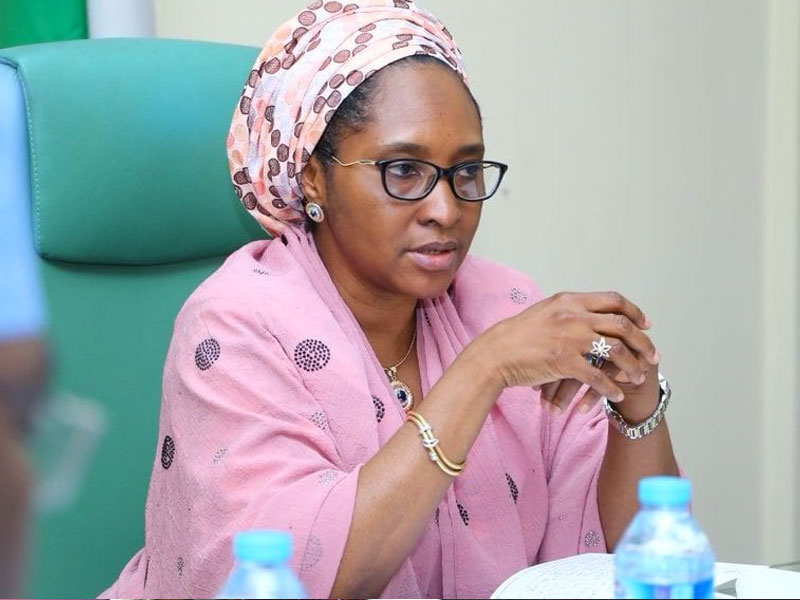The Federal Government has indicated the possibility of introducing new taxes, tariffs and levies as part of measures to shore up its revenue.
This is just as the Federal Ministry of Finance, Budget and National Planning has said it is closely following the legal tussle instituted by some states against the Federal Government on collection and sharing of revenue from Value Added Tax (VAT) to determine its next policies.
The Minister of Finance, Budget and National Planning, Zainab Ahmed, said these at the public hearing on the 2021 Finance Bill organised by the House of Representatives’ Committee on Finance in Abuja on Monday.

Ahmed, in a paper she presented to the committee, stated, “Nigeria must diversify its revenues from oil to fund critical expenditures.”
The minister noted as of September, the Federal Government’s retained revenue was N4.56tn, achieving 75 per cent of budget, while the government’s share of oil revenues was N845bn representing 56.3 per cent pro-rated performance and non-oil revenues share was N1.31tn or 117.3 per cent above budget.
She added that Companies Income Tax and Value Added Tax collections were N616bn and N274.4bn, representing 121 per cent and 153 per cent respectively of the pro-rata targets, while Customs collections were N418.97bn.
Ahmed stated: “Clearly, our ongoing fiscal reforms of the last six years are yielding tangible results. However, the FMFBNP is closely studying the following issues, developments and policies:
“Legal developments and pronouncement of the courts on VAT vs states sales taxes cases;
“Current fiscal policy stance to let tax incentives with sunset provisions to naturally expire and not to automatically renew such incentives without a detailed tax expenditure cost /benefit evaluation of the relative success of the incentives before extending incentives further;
“Acceleration of projected increase tariff and excise duties (so-called ‘sin classes’) on tobacco, alcohol and carbonated drinks to fund vital expenditure on health, education and security;
“Wholesale reform of antiquated stamp duties and capital gains tax regime;
“Possibility of introduction of new taxes, tariffs and levies, as the economy recovers.”


